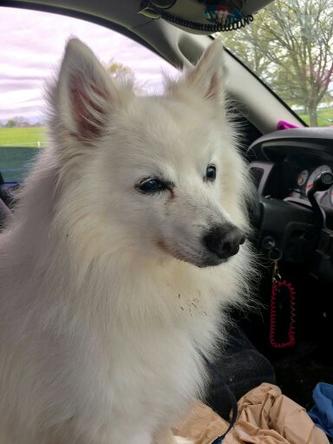|
The thing is that even if you tell them, something totally different they say could still trigger you. So by telling them basically they will either start walking on egg shells around you for fear of saying anything that triggers you, or they will ignore what you say & continue on like they are used to.
Even with you telling them they can't possibly guess at everything that would trigger you.
That is why is is important for YOU to be aware & learn skills to handle those triggered thoughts if/when they happen.
I was watching a movie on my computer just after I moved away from where I experienced a trauma that caused some PTSD. A car blew up in the movie. Yep, it triggered me. A car never blew up in the trauma I experienced but I actually had a well founded fear that the car I was getting into to drive might have had a bomb in it, or the breaks cut. Instead the evil person I actually saw in my rear view mirror as I was driving to the police station to file a case against her for the other abuses she did to my mom who was dying of cancer.
Years later, a car exploding that never actually happened was a trigger. Who would have ever thought but that is how subtle triggers can be & to expect others to be the ones to take care not to trigger you, it that really going to even work?
Talking about what happened may help them steer clear of related discussions but it is not going to stop normal conversations from happening any more than someone who has PTSD from combat can stop 4th of july fireworks.
Just something to think about & maybe discuss in therapy too.
__________________
 Leo's favorite place was in the passenger seat of my truck. We went everywhere together like this.
Leo's favorite place was in the passenger seat of my truck. We went everywhere together like this.
Leo my soulmate will live in my heart FOREVER Nov 1, 2002 - Dec 16, 2018
|